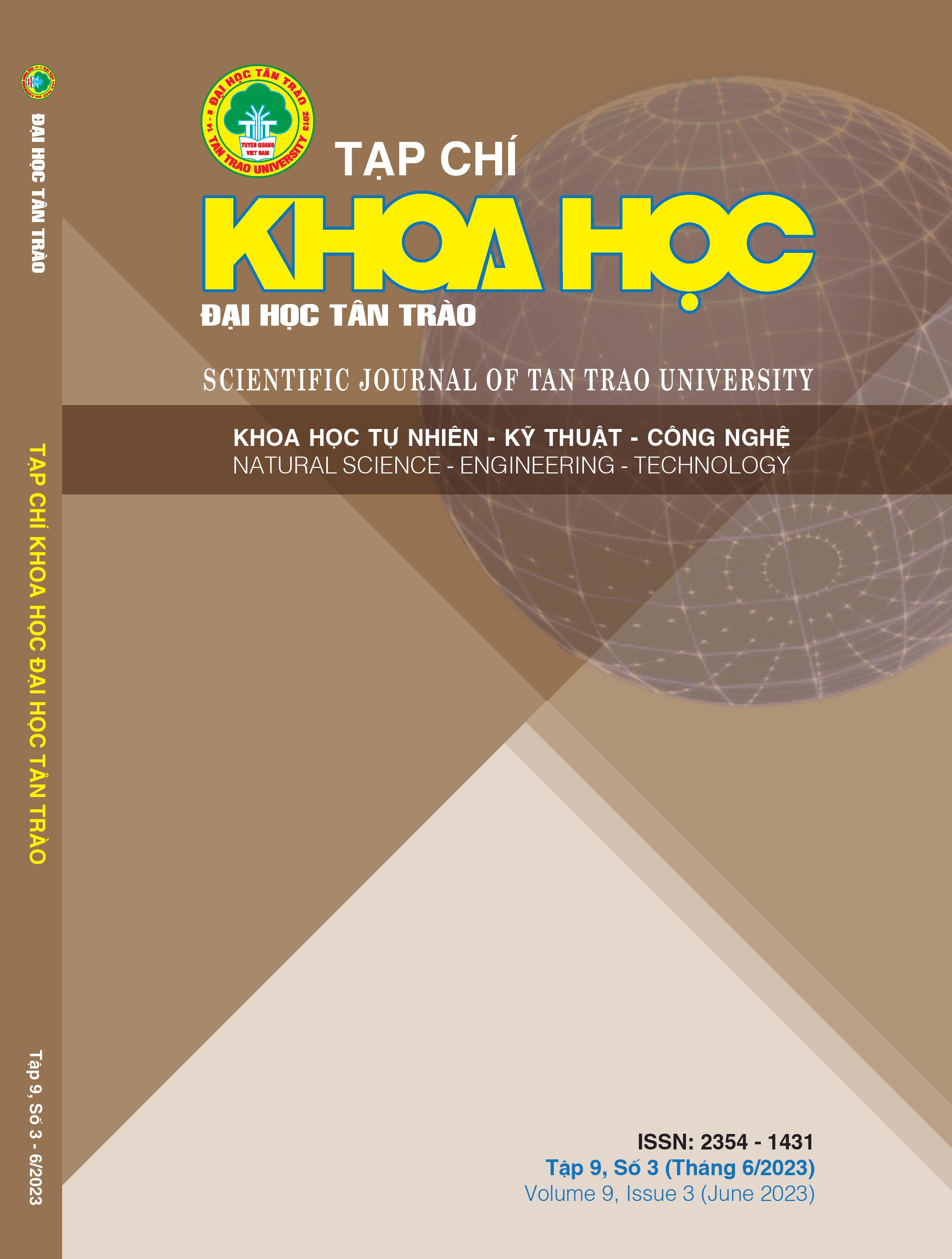IMPROVING VOCATIONAL TRAINING FOR INFORMATION TECHNOLOGY STUDENTS IN DIGITAL TRANSFORMATION CONTEXT
DOI:
https://doi.org/10.51453/2354-1431/2023/957Keywords:
digital transformation, vocational training, information technologyAbstract
In the context of industrial revolution 4.0, universities around the world and Vietnam have grasped and implemented digital transformation of educational models in order to make the most of resources to meet increasing requirements in training human resources both in quantity and quality for socio-economic development. In this article, we refer to the application of digital transformation in vocational training for students majoring in Information Technology at Hung Vuong University
Downloads
References
[1]Q. đ. s. 7.-T. n. 0. c. T. t. C. p. p. duyệt, Chương trình chuyển đổi số quốc gia đến năm 2025, định hướng đến năm 2030, 2020.
[2] D. Mazzone, " Digital or Death: Digital Transformation - The Only Choice for Business to Survive Smash and Conquer (1st ed.).," Mississauga, Ontario: Smashbox, 2014.
[3] Đ. C. s. V. Nam, "Văn kiện Đại hội đại biểu toàn quốc lần thứXIII, t.1, NXB Chính trị Quốc gia.," 2021.
[4] N. K. T. -. N. T. H. -. Đ. T. Hưng, "Xây dựng học liệu điện tử hỗ trợ rèn nghề cho sinh viên ngành Công nghệ thông tin ở trường Đại học Hùng Vương," Giáo dục và xã hội, 2022.
[5] https://cmcts.com.vn/vi/quy-trinh-chuyen-doi-so-trong-nganh-giao-duc-va-dao-tao.html.
Downloads
Published
How to Cite
Issue
Section
License

This work is licensed under a Creative Commons Attribution-ShareAlike 4.0 International License.
All articles published in SJTTU are licensed under a Creative Commons Attribution-ShareAlike 4.0 International (CC BY-SA) license. This means anyone is free to copy, transform, or redistribute articles for any lawful purpose in any medium, provided they give appropriate attribution to the original author(s) and SJTTU, link to the license, indicate if changes were made, and redistribute any derivative work under the same license.
Copyright on articles is retained by the respective author(s), without restrictions. A non-exclusive license is granted to SJTTU to publish the article and identify itself as its original publisher, along with the commercial right to include the article in a hardcopy issue for sale to libraries and individuals.
Although the conditions of the CC BY-SA license don't apply to authors (as the copyright holder of your article, you have no restrictions on your rights), by submitting to SJTTU, authors recognize the rights of readers, and must grant any third party the right to use their article to the extent provided by the license.


